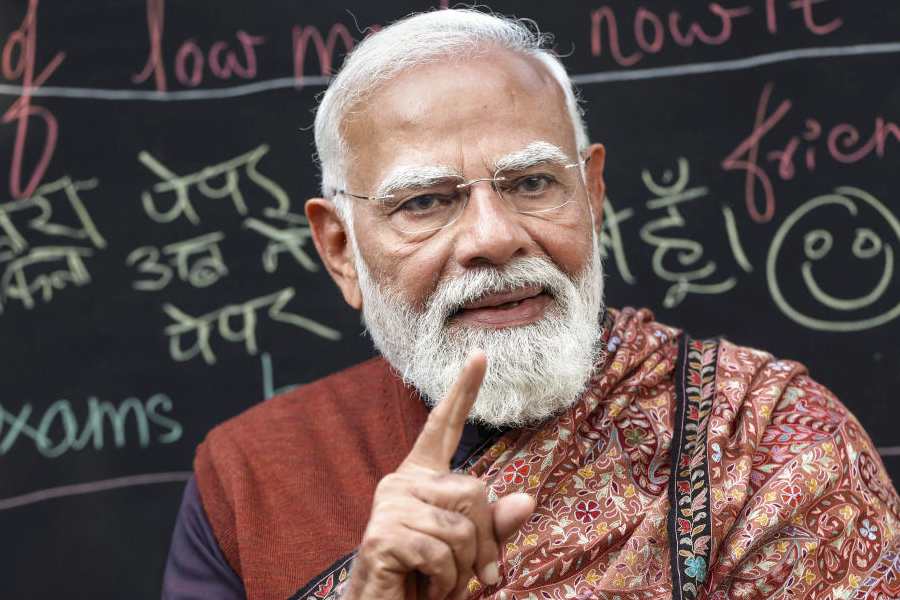As the department of telecommunications prepares to release more spectrum to telecommunication companies, conflicts are multiplying, and issues are getting more muddled. It all began with DoT inviting applications; it received over a hundred, mostly from people whose only connection with the telephone was that they knew how to use one. Obviously, many people have noted what obscene profits Airtel and Reliance Infocomm have made, and been tempted to join the party. That is fine. There is no reason why only people who have been in the telecommunications industry should be qualified to enter it. The only ones of the present operators that were in the industry 20 years ago are Bharat Sanchar Nigam Limited and Mahanagar Telephone Nigam Limited; and despite all favours and subsidies from DoT, they have not done better than the novices. Technology, equipment and management can be bought; a newcomer should not find it too difficult to get a foothold — provided they can find customers. The more that enter, the better. They would give customers wider choice, and their experiments may improve technology and service.
But what sort of service will these newcomers be able to give? A telecom operator has to not only connect a customer’s telephone, but also to deliver the customer’s calls, often on other operators’ networks. He will not be able to do the last unless other operators cooperate. They would not automatically do so. It is in the interests of an operator to receive as well as deliver calls. Large operators try to keep calls within their network, and either do not connect with others or do not give equally good service to calls across networks.
This is why interconnection has to be enforced and monitored by a regulator. Once the Telecom Regulatory Authority of India had tried to do so. But it was defeated by BSNL and MTNL. After Dayanidhi Maran replaced Pradip Baijal, TRAI became toothless. It seems unlikely that even if they were allowed in, small new operators would be able to survive. Large operators have the greatest countervailing power against DoT; they may as well be given additional spectrum. The simplest rule would be to give them spectrum in proportion to the number of customers. If that is thought to discriminate against small players, then each may be given the same additional spectrum. This is also the time to abolish the distinction between CDMA and GSM in spectrum allocation. This issue generates violent emotions amongst operators, who are divided into rival camps. But the camps have been created by policy: if the government ceases to distinguish between them, they will die. While precedent is a hallowed principle in government, every mistake does not have to be perpetuated.










